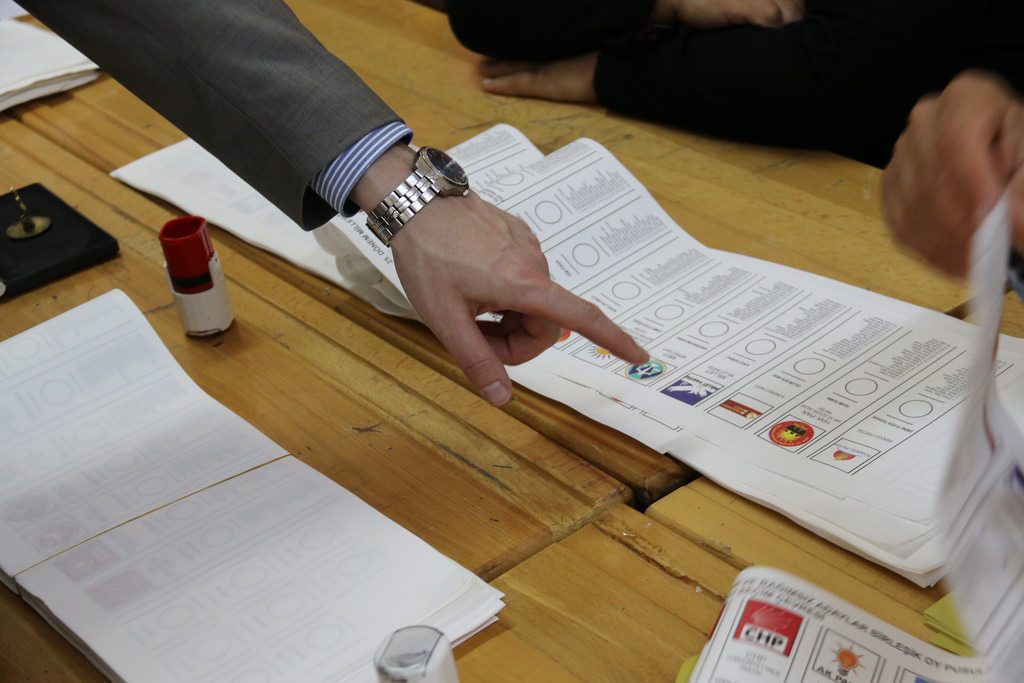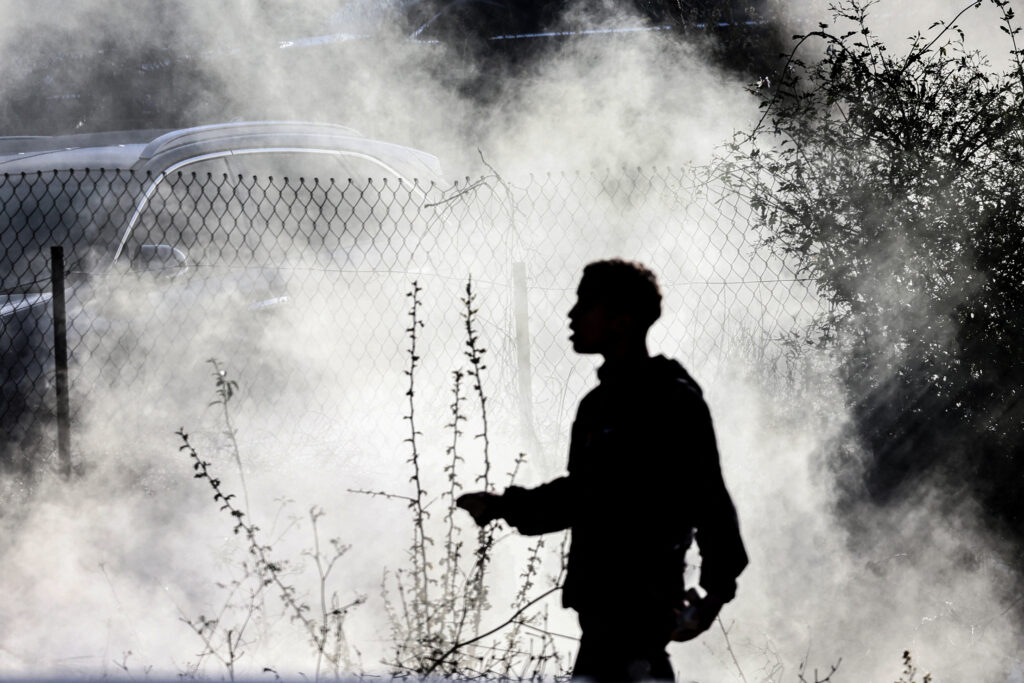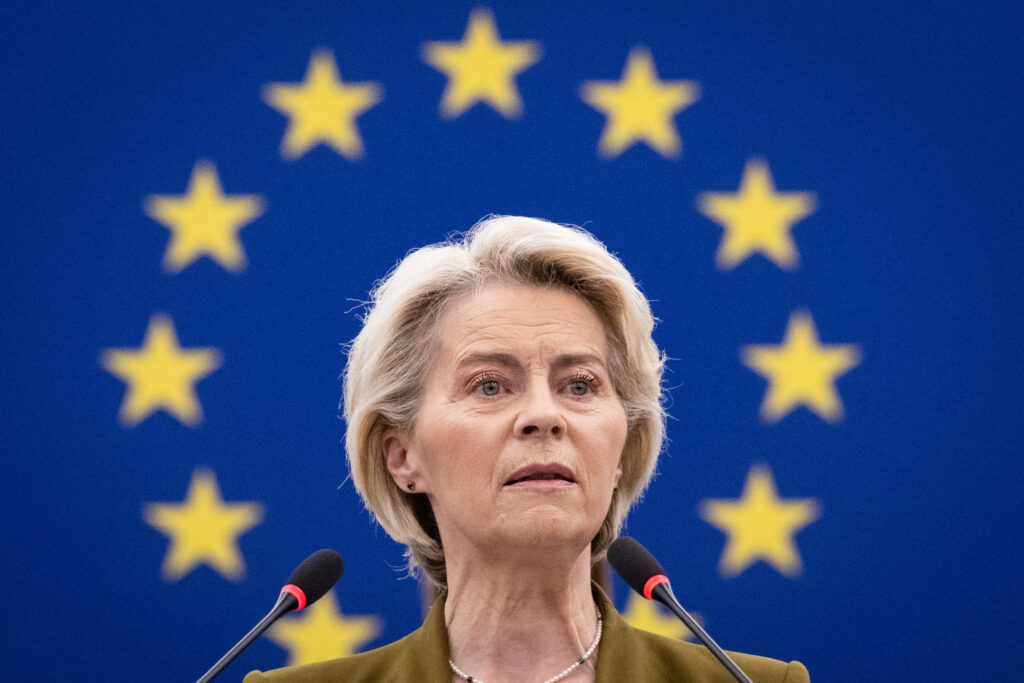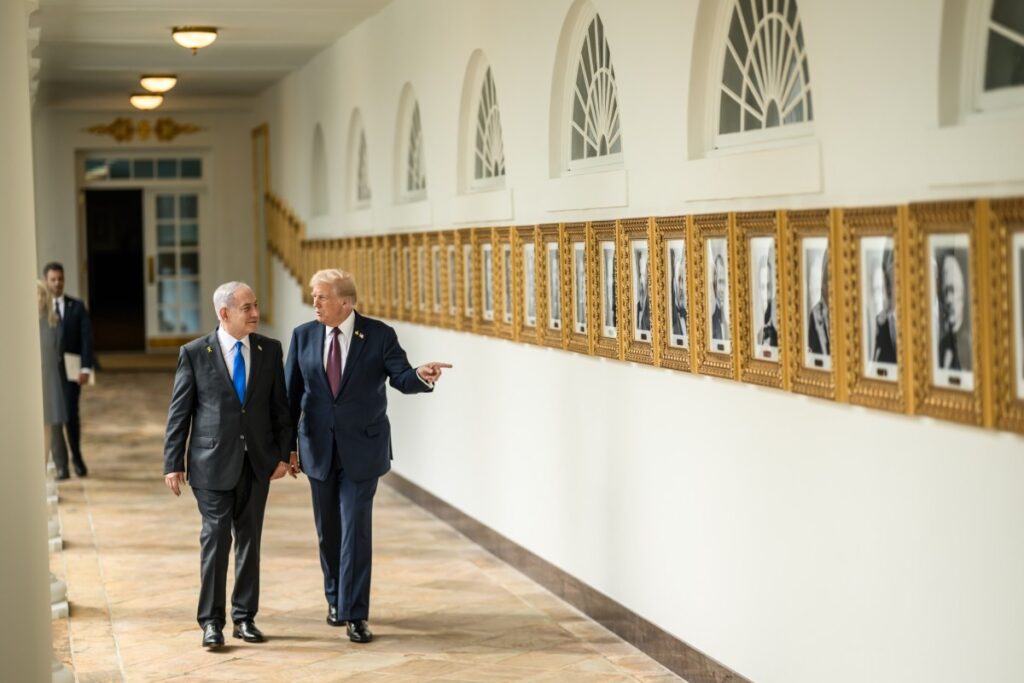By Ergun budun
The 30 March 2014 local elections in Turkey were held in one of the most polarized and confrontational atmospheres in Turkish political history. They took place in the footsteps of such traumatic events as the Gezi Park demonstrations (May-June 2013), the revelations of major corruption charges involving four cabinet ministers (December 17 and 25 2013), the start of an internecine fight between the AKP government and the G-len movement (an influential Muslim community), the government’s strong reactions to these events and its efforts to carry out a large-scale purge of pro-G-len elements within the judiciary, the security forces and other bureaucratic agencies.[1] Consequently, local elections campaigns focused on national rather than local issues and the elections turned into a vote of confidence or no-confidence for the governing AKP.
Under these circumstances, both the government and the opposition considered the elections results as extremely significant politically. Public opinion was so deeply divided that throughout the election night, the two main/largest news agencies reported highly different figures. Thus, while the semi-official, pro-government Anatolian News Agency showed the AKP’s overall national vote at around 46 percent, the pro-G-len Cihan News Agency put this figure at around 43 percent. Mutual recriminations of intentionally misrepresenting the election results continued long after the elections.
Finally, with the official announcement of the final election results by the Supreme Council of Elections on 6 May[2], it had become possible to make a more realistic evaluation. In earlier elections, it was easier to compare the results of provincial general assemblies with those of previous parliamentary elections and to calculate the parties’ losses or gains, since the voting public was exactly the same in both. However, certain recent changes in the Turkish administrative system made the job somewhat more complicated. A law dated 12 November 2012 (Law No. 6360) created ‘metropolitan municipal administrations’ in 13 provinces; later on the number of such provinces was raised to 30. In these provinces, provincial general assemblies were abolished, and the scope of metropolitan municipal administrations was extended to the entire province. In the process, village administrations within the same province were abolished and they were made neighborhoods that were part of the metropolitan city. However, within the metropolitan provinces, the county (prefecture, il’e) municipal administrations were preserved. In the remaining 51 provinces which were not metropolitan municipal administrations, the old system of provincial general assemblies, mayors, and municipal councils was maintained.
Thus, to make a meaningful comparison with the previous parliamentary elections (those of 12 June 2011), one has to add up the results of the 30 metropolitan and 51 non-metropolitan provinces and calculate the party vote shares accordingly: AKP, 45.5 percent; CHP (Republican People’s Party, the main secularist opposition party), 27.8 percent; MHP (ultra-nationalist Movement Party), 15.2 percent; BDP-HDP (Kurdish Nationalist Peace and Democracy Party and the Democratic Party of the Peoples, 6.0 percent).
The Supreme Board of Elections also announced the results of the elections for mayors and municipal councils. The figures are different from the above, since they do not include village voters in settlements with less than 2,000 inhabitants (under the Law, only settlements with more than 2,000 inhabitants have municipal administrations). Thus, while the total number of registered voters for the entire country (the total of metropolitan and non-metropolitan provinces) is 52,637,047, the total number of registered voters for municipal council elections is 48,843,157. This has caused a slightly different distribution of party shares of votes: AKP (43.13 percent for mayors and 42.87 percent for municipal councils); CHP (26.45 and 26.34 respectively); MHP (17.78 and 17.82); BDP plus HDP (slightly over 6 percent). Clearly, meaningful comparisons with the parliamentary elections can only be made with the first set of figures as it includes all Turkish voters.
Parties’ Electoral Performance
Compared with the results of the 12 June 2011 parliamentary elections where the AKP got 49.8 percent of the vote, it registered a loss of 4.3 percent in 2014. This was a source of deep disappointment for the opposition, since they were expecting a much more radical fall after the revelation of corruption charges and the authoritarian drift of the AKP government. Apparently, the AKP and Mr. Erdo─ƒan were able to maintain the support of the great majority of their constituency by carrying out an exceedingly polarizing electoral campaign, depicting their opponents as foreign enemies and their domestic tools trying to oust the elected government by non-democratic means. The AKP won 18 out of 30 metropolitan municipalities and 799 out of 1,351 mayoralties in total.
The second strongest party, the CHP, got 27.8 percent of the vote which is a slight improvement from 26.0 percent in 2011. In a number of municipalities the CHP nominated the former members of the right or center-right parties (in places like Ankara and Hatay) or a candidate that appealed to center-right voters (Istanbul), thus somewhat softening its militant secularist stand. This ‘opening to the center-right’ strategy worked successfully in Hatay, but not so successfully in Istanbul and Ankara, even though its candidates increased the proportion of CHP votes in the two largest metropolitan cities.
The ultra-nationalist MHP also increased its proportion of votes from 13.0 percent in 2011 to 15.2 percent, seemingly having benefitted from the Turkish nationalist reaction to the AKP government’s overtures to the Kurdish political movement. The Kurdish nationalist BDP, which contested the elections under the name HDP in non-Kurdish parts of the country, registered a slight fall from 6.7 percent to 6.0 percent. All other minor parties performed very poorly.
Electoral Geography
A quick glance at the electoral map after the 30 March local elections presents a deeply divided country both in the geographical and the socio-political sense. Out of 13 provinces (six of which are metropolitan provinces) where the CHP won, eight were in the Thrace and the Aegean coast region, three were in the Black Sea, one was in Central Anatolia, and one was in the Mediterranean regions. Of eight provinces (three metropolitan provinces) where the MHP won, three were in the Mediterranean, two were in the Black Sea, two were in inner-Aegean, and one was in the North Eastern regions. The BDP dominated the Kurdish-majority Southeastern region winning all of its ten provinces (in Mardin while presenting an independent candidate) and heavily Kurdish Tunceli in the East Central region. The AKP, on the other hand, emerged as the only truly national party, being the first party in 49 out of 81 provinces including 18 metropolitan provinces. Even in places where it was not the winning party, in almost all provinces it came in second with over 20 percent of the vote. In the south-eastern region, the competition was only between the BDP and the AKP, the other two parties being practically non-existent.[3]
This geographical distribution points to a socio-political and cultural cleavage. The CHP’s strongholds seem to be essentially limited to the Thrace and the Aegean coast, where a secular way of life is predominant and the opposition to the AKP’s religiously- inspired conservatism is most marked. The MHP is strongest in areas where Turkish nationalism is a major force, and the BDP’s domination in the heavily Kurdish- populated Southeast is self-explanatory.
This pattern is confirmed when we look at the distribution of party votes in urban and rural areas. While the distribution of the AKP’s vote in the heavily urban 30 metropolitan provinces and the more rural 51 other provinces are about the same (45.54 and 45.43 percent, respectively), there is a huge gap between the two for the CHP (31.04 and 16.87 percent respectively). In fact, the CHP is behind even the MHP (with 20.71 percent) in the non-metropolitan category. This finding supports the CHP’s image as a party that holds much appeal for urban, better-educated, middle and upper-middle class, secular voters. Conversely, the MHP seems to have a stronger appeal in rural than in urban areas. Its distribution of votes is 20.71 in non-metropolitan provinces and 13.65 in metropolitan ones. Similarly, the BDP/HDP performed better in the former category than in the latter (8.11 and 5.43 percent, respectively).
The same picture emerges when we look at the distribution of party votes in the counties (prefectures, il├ºe) of the three largest metropolitan cities; ─ stanbul, Ankara and ─ zmir. In the ─ stanbul province, the AKP and CHP won 25 and 14 country mayoralties respectively. The CHP’s strongholds were the older, more established, coastal neighborhoods of better-educated, middle and high income residents with a distinctly secular way of life. The AKP, in contrast, won in the poorer neighborhoods of largely recent urban migrants, who were more religiously conservative and less well-educated.[4] The same pattern is observed in Ankara, and ─ zmir. The results show that the basic differences between parties that appeal primarily to the educated, urban, secular central elites and those that appeal to the forces of the conservative periphery is still the major determinant of party choices.[5]
Implications for the Future
The results of the local elections are neither a defeat nor a clear-cut victory for the AKP. It lost more than 4 percent of the total vote which may have implications for the coming presidential (August 2014) and parliamentary (June 2015) elections. The presidential elections will be the first popular election of the President of the Republic in accordance with the constitutional amendment of 2007 that introduced popular election of the President instead of election by Parliament. At the time of writing it seems almost certain that Prime Minister Erdo─ƒan will run for presidency. However, to be elected, a candidate must get more than half of the total valid votes either on the first or the second round. The present showing of the AKP is short of the required majority, which makes the outcome of the race uncertain. The Kurdish vote is critical in this respect. Even though the spokespersons of the Kurdish political movement often express dissatisfaction with the modest gains they obtained from the AKP’s Kurdish opening which involved negotiations with Kurdish insurgents with the aim of finding a peaceful solution to the Kurdish problem (‘peace process’ as it is often called) they may still consider Erdo─ƒan as their best bet, because the opposition parties are less sympathetic toward Kurdish demands. On the other hand, if Erdo─ƒan goes too far in meeting these demands, he will run into the risk of losing some of his more nationalist supporters. Indeed, Turkish Islamic movements have always had a marked nationalist streak.
A second reason why the presidential elections will have major implications for the future course of Turkish politics is that Erdo─ƒan has publicly declared that, if elected, he will be an active president and will exercise his constitutional powers to the maximum. Given that the current constitution that was enacted in 1982 deviates from the standard parliamentary model by endowing the president with significant constitutional powers, this will mean that the regime will function like a de facto semi-presidential or even a presidential system. Indeed, the AKP has been insistent on such a system, but since they are short of a three-fifths parliamentary majority required for constitutional amendments, they cannot put it into practice. The party spokespersons declared openly that they will attempt to do so if they obtain the necessary majority in the parliamentary elections scheduled for June 2015. If not, it appears likely that Erdo─ƒan as president will try to realize this aim in a de facto way by appointing a cooperative prime minister and designing a docile parliamentary party group. In the eyes of the opposition, this scenario will lead to a dangerous drift toward autocratic rule and authoritarianism. In short, the local elections have raised more questions than they have answered.
Ergun budun is Professor of Political Science and Constitutional Law at ─ stanbul ┼×ehir University, Turkey. He has also taught at the University of Chicago, Columbia University, and Princeton University. His books in English include Party Cohesion in Western Democracies: A Causal Analysis (Sage, 1970); Social Change and Political Participation in Turkey (Princeton University Press, 1976); Contemporary Turkish Politics: Challenges to Democratic Consolidation (Lynne Rienner, 2000); Islamism, Democracy and Liberalism in Turkey: The Case of the AKP (with William Hale) (Routledge, 2010); and The Constitutional System of Turkey: 1876 to the Present (Palgrave Macmillan, 2011). He has also coedited five books and contributed to such international journals as Comparative Politics, International Journal of Middle East Studies, Journal of Democracy, European Constitutional Law Review, European Public Law, South European Society and Politics, Democratization, and Representation.
®, MEI Singapore 2014.
![]()
[1] Ergun budun, ‘ ‘Gezi Park’ Events and the Prospects for Turkish Politics,’ Middle East Insights, Middle East Institute, National University of Singapore, MEI Insight No.101, 16 September 2013.
[2] Resmi Gazete (Official Gazette), 6 May 2014, no. 28992 (m-kerrer).
[3] For an electoral map, G├Âk├ºer Tahincio─ƒlu, ‘2014 Yerel Se├ºiminde T-rkiye Oy Haritas─ ,’ Milliyet (Daily), 1 April 2014.
[4] ‘─ stanbul’da ├çeki┼ƒmeli Ge├ºen Yerel Se├ºimin Sonu├ºlar─ ,’ Milliyet (Daily), 3 April 2014.
[5] On the importance of the center-periphery cleavage in Turkish politics, Ergun budun, Party Politics and Social Cleavages in Turkey (Boulder and London: Lynne Rienner, 2013).





